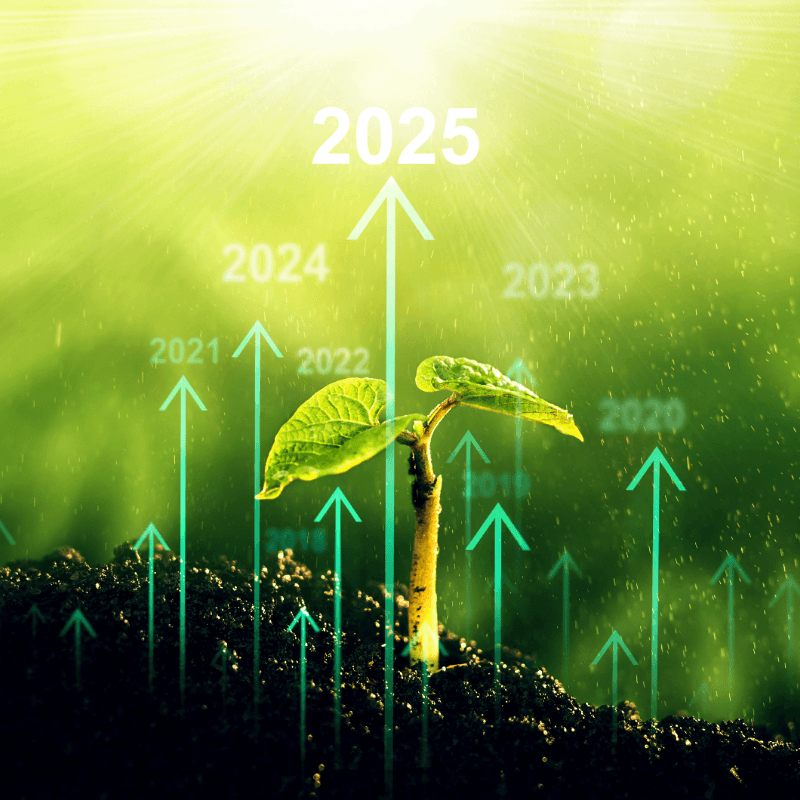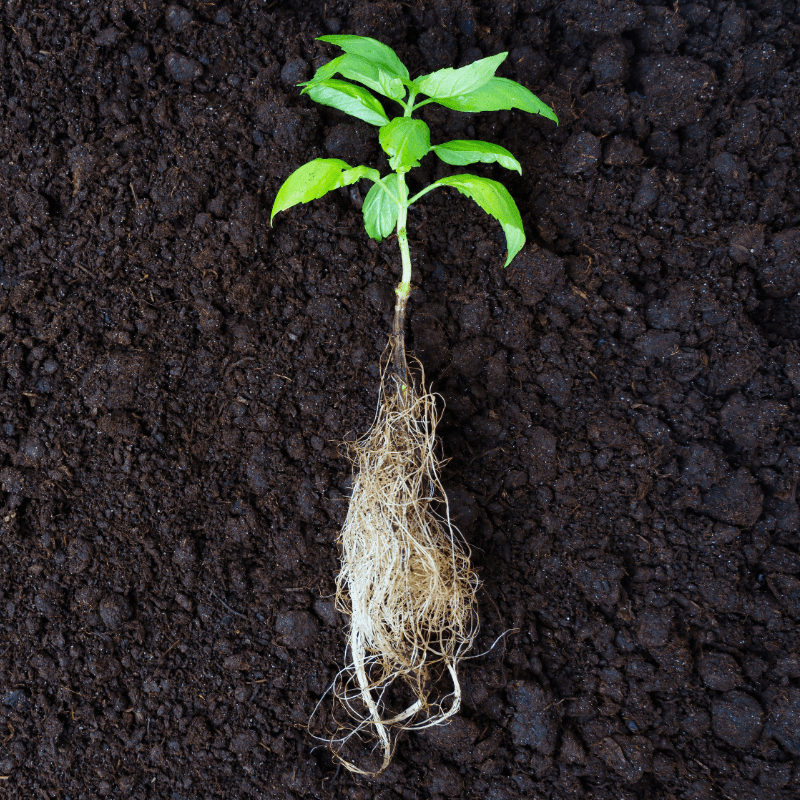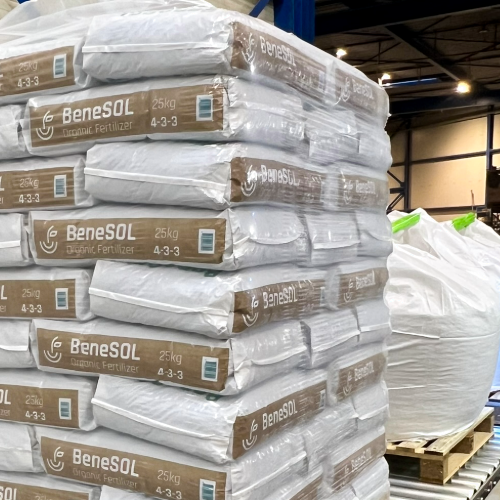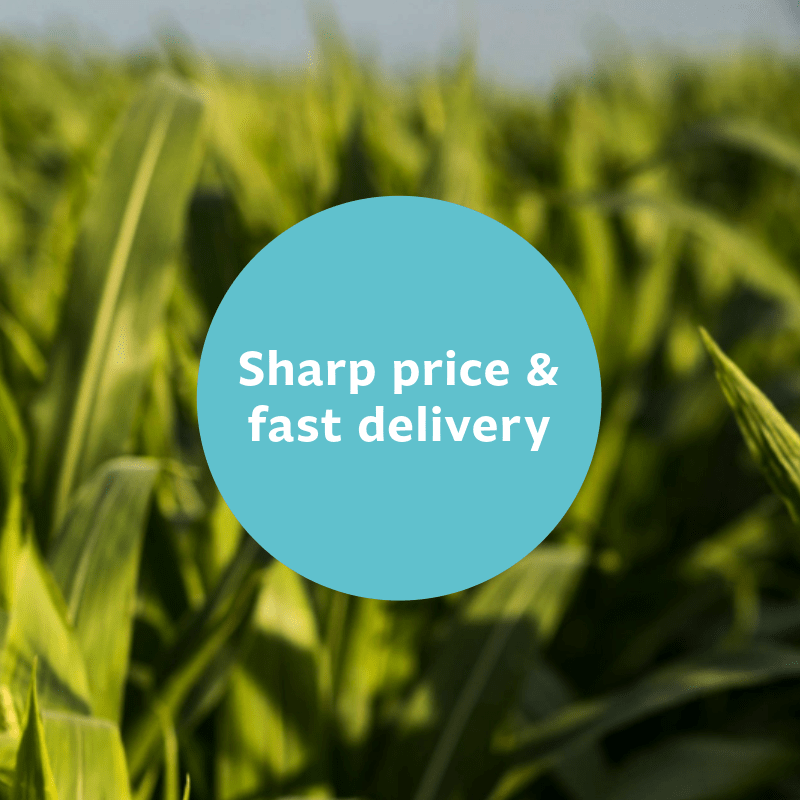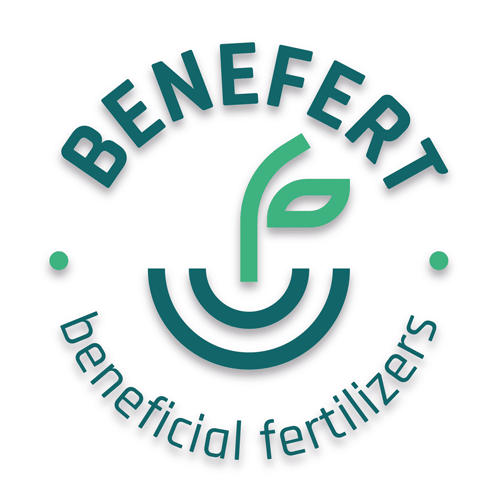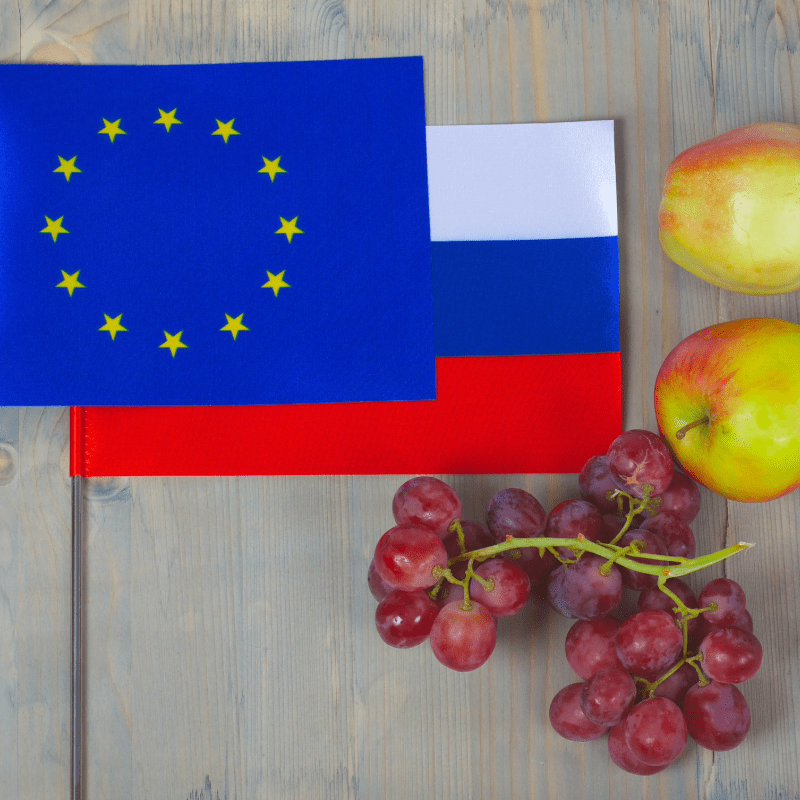
EU Shifts from Russian to Local Fertilizers
The EU is reducing its reliance on Russian fertilizers, driven by trade wars, tariffs, and the war in Ukraine. To boost agricultural independence and sustainability, the EU promotes locally produced, organic-based fertilizers, enhancing food security and supporting a circular economy.
European farmers have long depended on Russian imports, but geopolitical instability and trade barriers have led the EU to prioritize local alternatives. This shift creates new opportunities for European fertilizer producers and mitigates trade risks.
Organic-based fertilizers, derived from manure and compost, improve soil health and align with EU sustainability goals. They offer an alternative to synthetic fertilizers, reducing reliance on imports affected by trade conflicts.
While beneficial, organic-based fertilizers require proper management to avoid environmental issues like water pollution. The EU is setting guidelines for sustainable use while supporting research and infrastructure to scale production.
For farmers, this transition may stabilize costs and reduce exposure to market fluctuations. However, they must adapt to new fertilization methods and regulations. Businesses like us can seize market opportunities by providing high-quality organic fertilizers.
The EU’s move to local, organic fertilizers supports sustainability, food security, and economic resilience amid global trade disruptions. We remains committed to offering innovative organic solutions for a more sustainable future.
Sources: Financial Times and FertilizerDaily
